
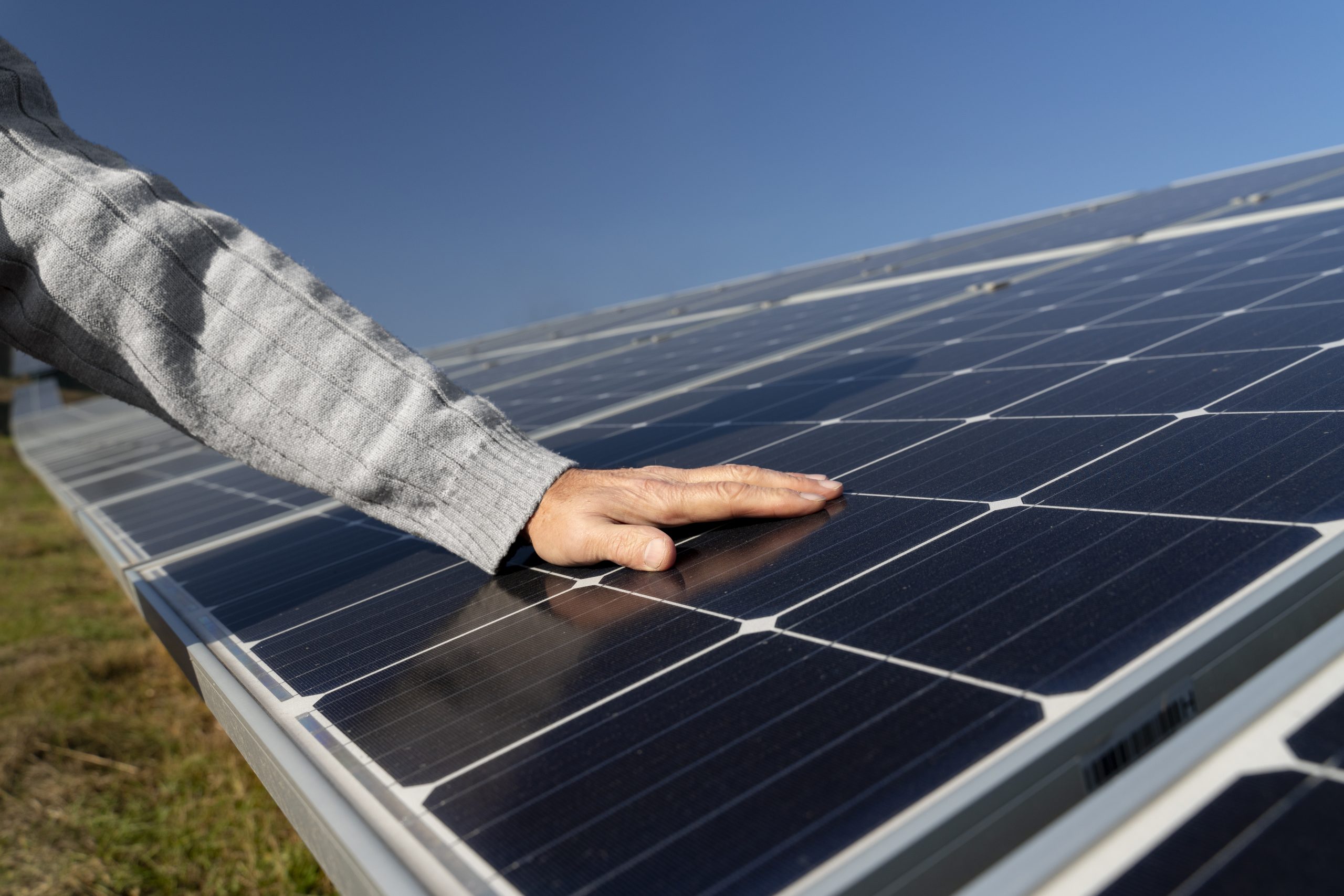


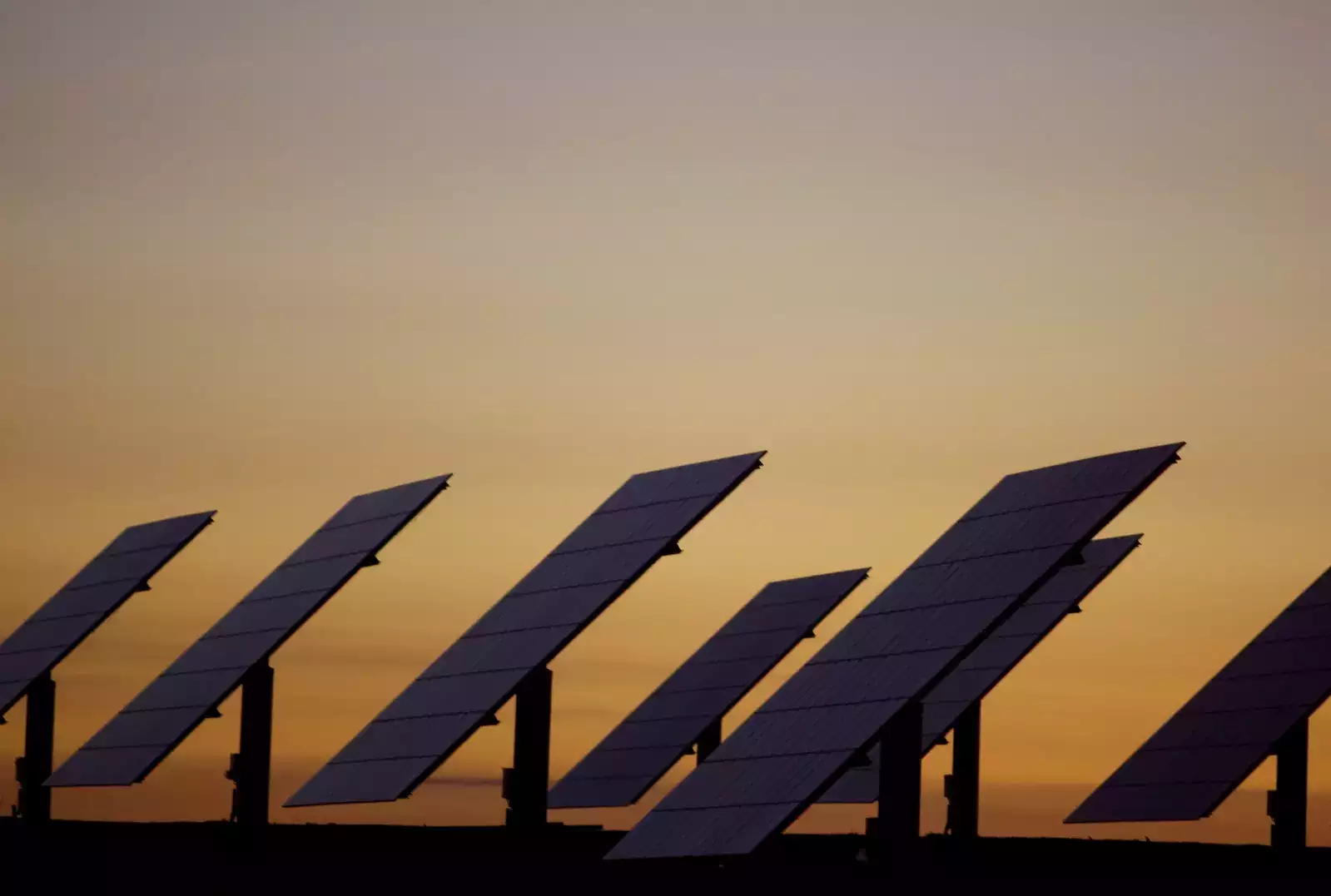
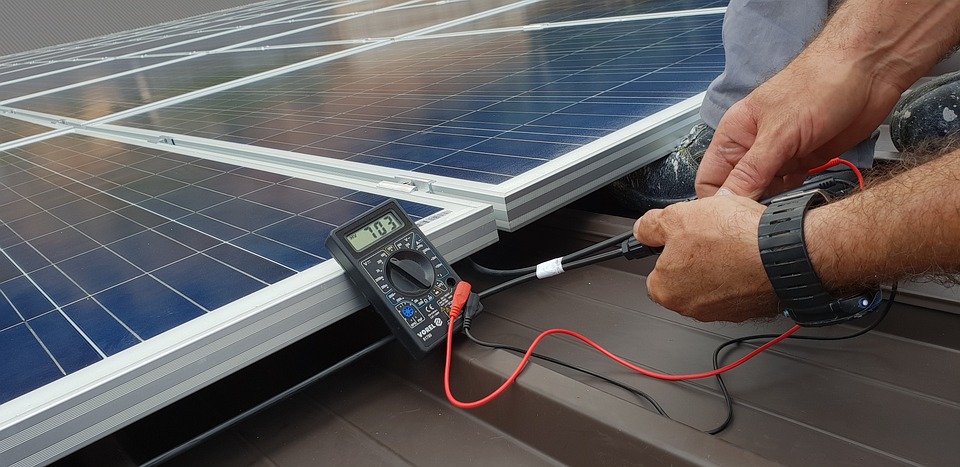
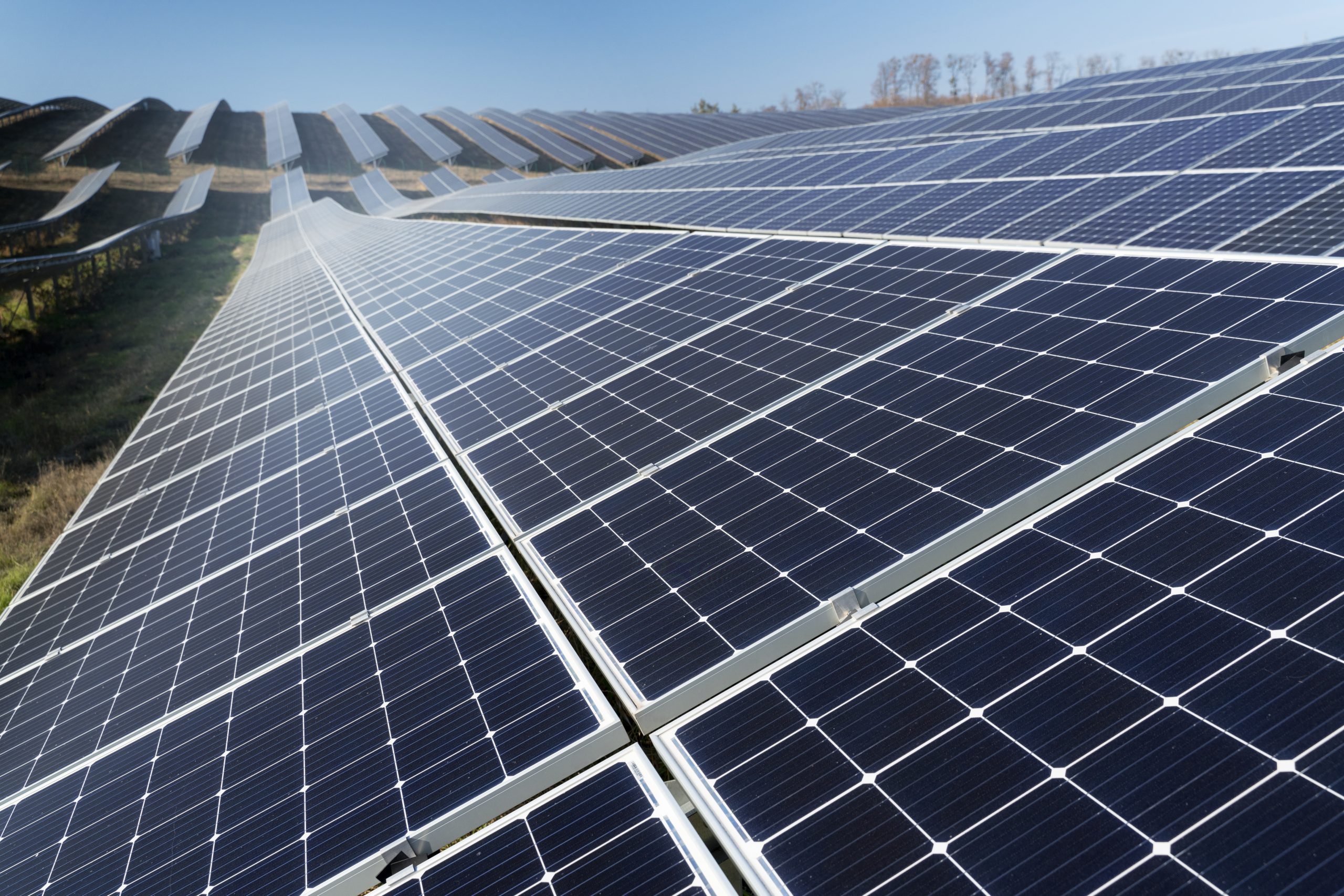
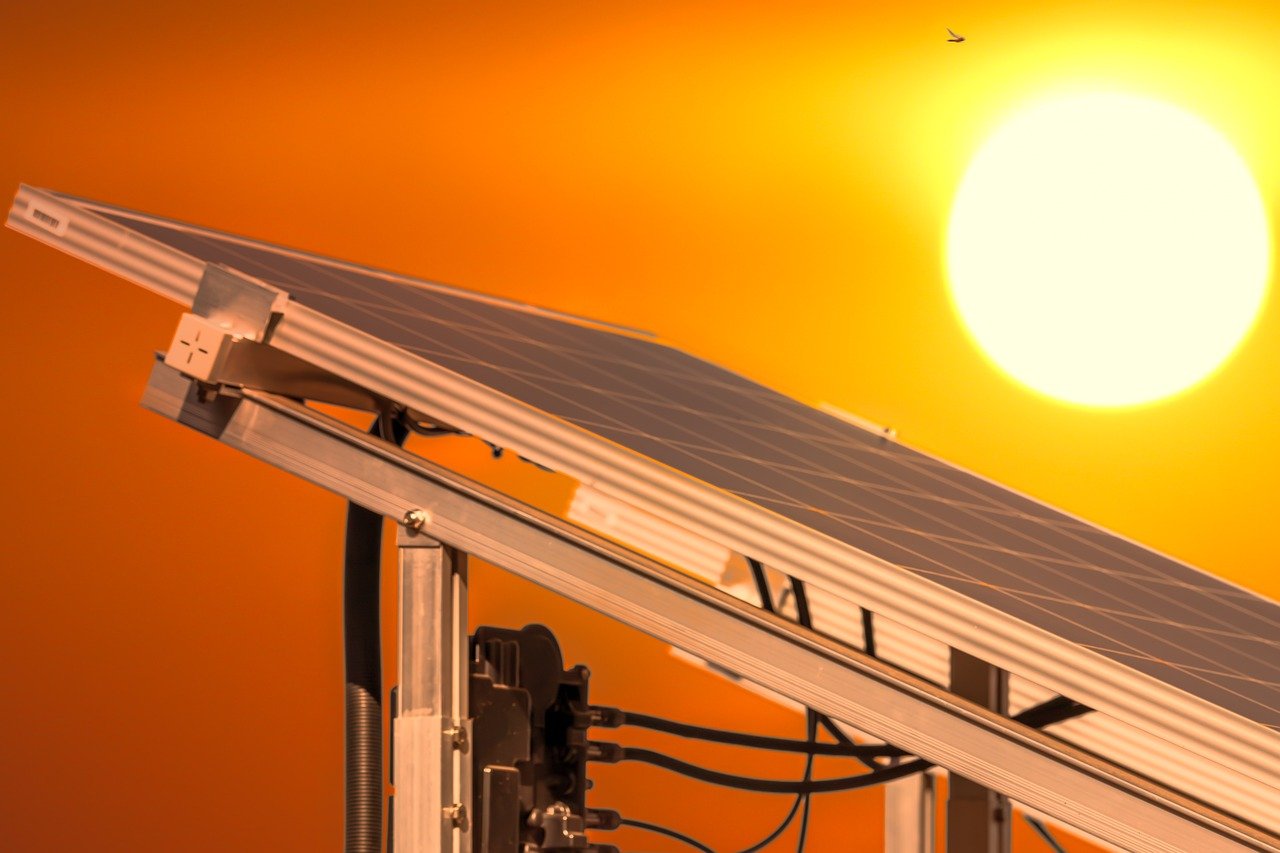
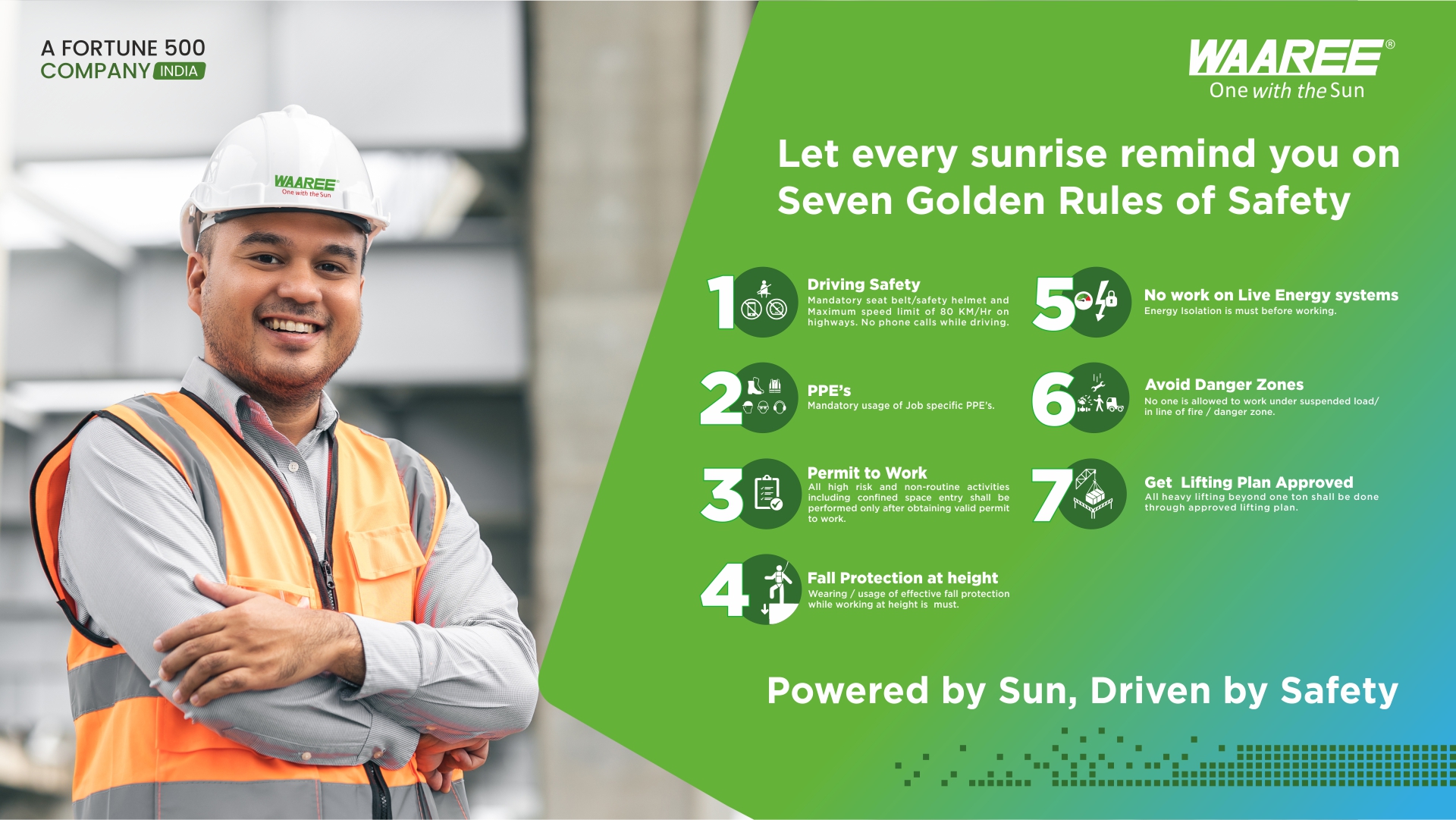
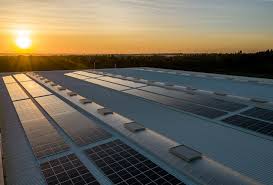
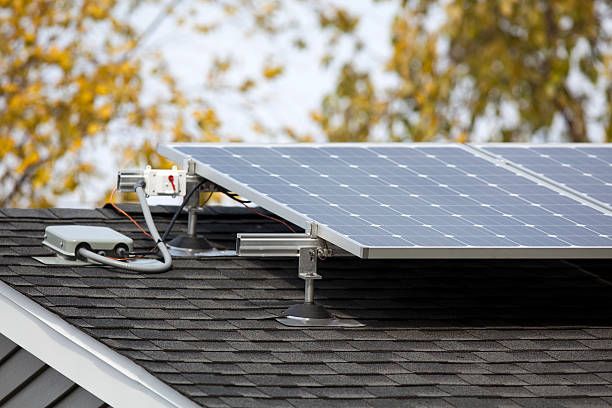
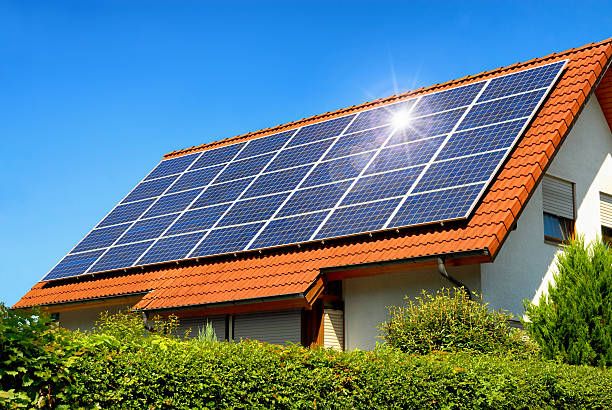
Solar panels help convert sunlight into electricity. This technological innovation allows us to work towards a sustainable future by depending on a renewable energy source. At the same time, solar power helps us use our electricity-powered appliances without much of a hassle. In the present day, it is not difficult to spot solar panels. You can see them installed on open fields, traffic signals, and on the roofs of houses. You can also install solar power on buildings.
However, can solar panels be installed on historic buildings? And if they can, what all should be kept in mind while installing them? Let’s have a look.
Historic buildings are sites of recognition, workplaces, and some are even school buildings. But they are also ancient structures, which are prone to damage. At the same time, they are buildings, which make use of electricity. Considering these facts, yes, you can install solar power on historic buildings. But you must be cautious and not damage the structure.
You must keep a couple of things in mind if you plan on installing solar power on a historic building:
Let’s look at some of the benefits of solar panels on historic buildings.
Some benefits of solar panels on historic buildings are:
The benefits of installing a solar panel on a historic building are three-fold. First, you help the environment. Second, you save money, and lastly, you help reduce the burden on non-renewable sources of energy.
The brief insight about solar panels on historic buildings given above tells you that there are several things you must be cautious of when installing solar power on buildings that are historic and ancient. Keep these things in mind:
At all times, you must execute the details of your plan with caution. Any faulty installation or mistakes can lead to long-term consequences when installing solar power on historic buildings.
Powering a historic building with a solar panel is usually allowed. However, you must always make sure you have complete knowledge of the necessary policies and regulations before installing solar power on a historic building. Different structures based on their strength may have varied requirements. Damaging the building is not acceptable whatsoever.
You must learn more about the policies of the historic building before installing the solar panel. The regulatory notices of the building will also tell you if the structure can allow this equipment’s installation. At the same time, you must also read the policies of the vicinity in which the historic building stands.
The policies of the monument will also give you an insight into how to position the solar panels. If the papers of the historic building refuse the fixation of additional equipment to the structure, you must follow the rules. In this case, place the solar panels in a way that their visibility to onlookers is minimal. But at the same time, assure its exposure to the sun.
Historic buildings add cultural and aesthetic values. Your efficient idea of installing solar panels on historic buildings should not take away either of the two qualities it showcases. You must make sure that the solar panel does not diminish the visual appeal of the building. Secondly, ensure that the system does not affect the building’s material. The second point needs to be remembered during installation and in the future. In the case of domed monuments, install the solar panel without altering the structure of the dome.
Not affecting the monument while installing the solar panel requires detailed planning. You must always talk to the authoritarian figures and ensure that your plan to install solar panels on a historic building is foolproof.
Installing a solar panel on a historic building has many benefits. However, it is risky at the same time. While you help save costs and the environment, you are also prone to affecting the material of a building of great importance. However, this installation may not be problematic if you follow all safety protocols and review your plan minutely.
Most importantly, analyze the current state of the historic building to ensure that your installation does not cause problems to the structure or the people inside it.
Do you plan on making a historic building or another structure a source of clean energy? We at Waaree are willing to help you get closer to your goal! We are a leading provider of EPC, project development, rooftop solutions, solar water pumps in India, and an Independent Power Producer. Contact us to book an appointment now!